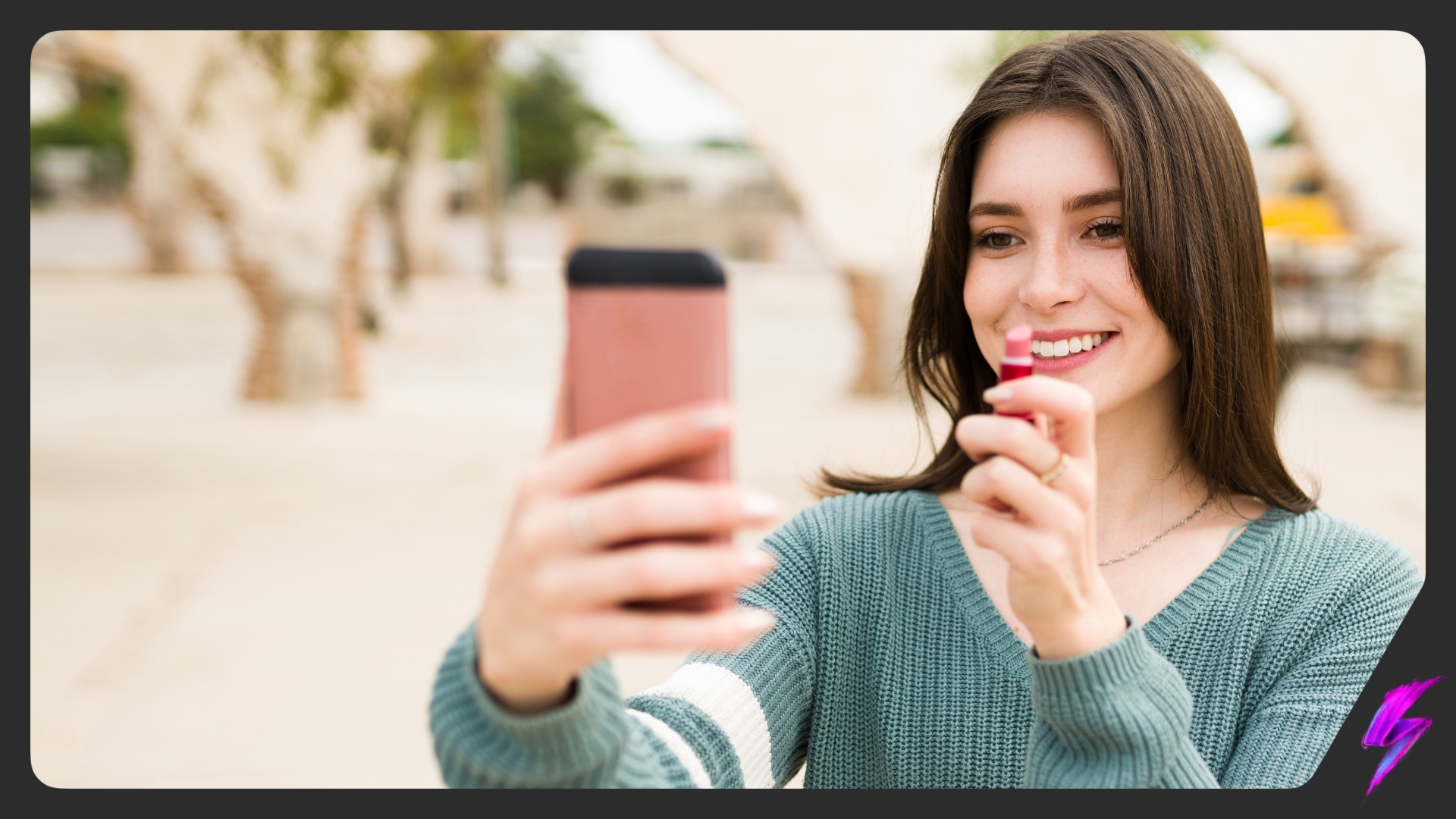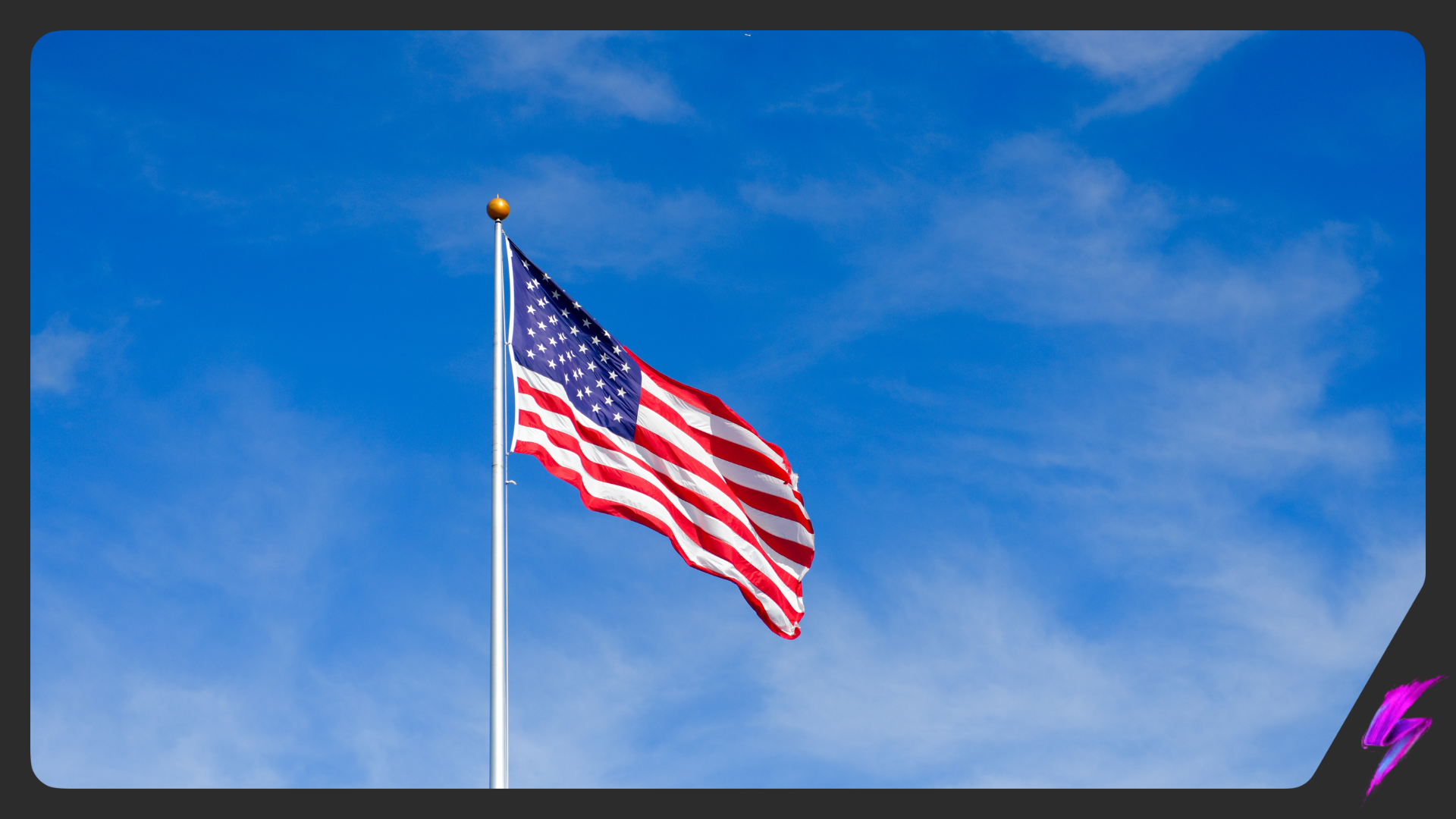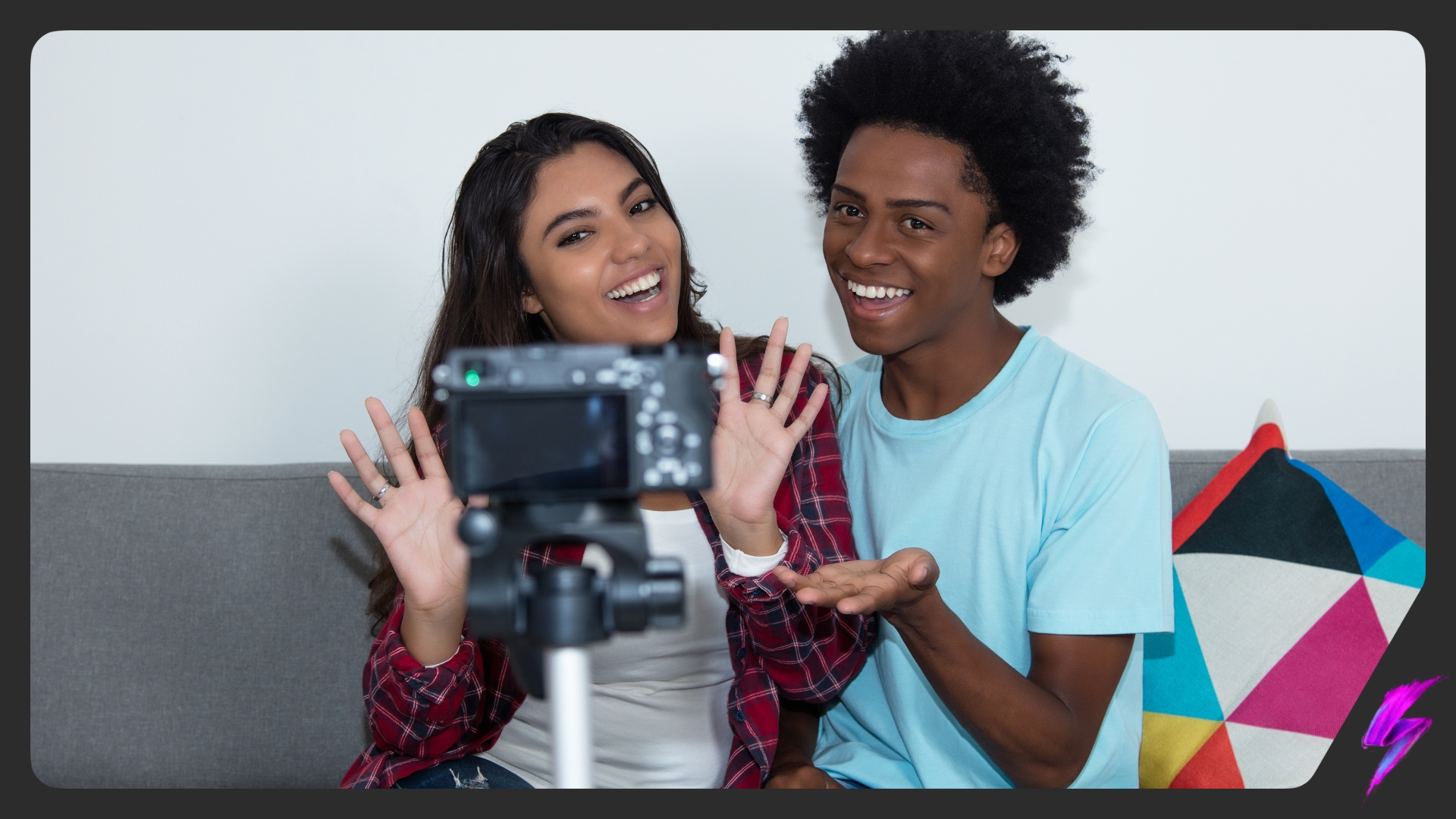The Data Gap: Brand Discovery by Generation
May 21, 2025
Article
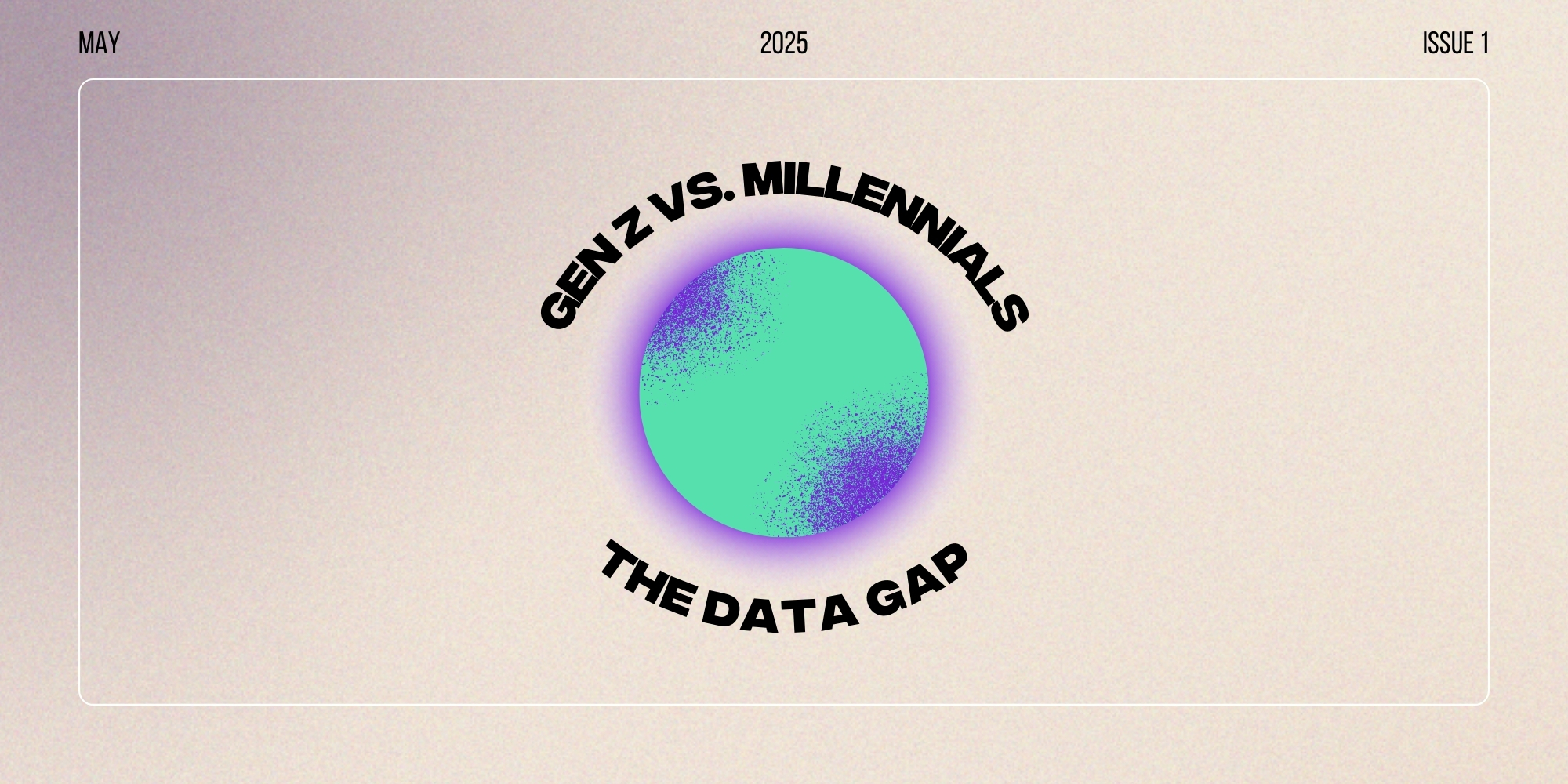
As marketers continue to navigate the evolving, and often complex, landscape of consumer behaviour, one fundamental question remains: who truly drives purchasing decisions—influencers or peers? The answer, of course, depends on your audience, but recent data exploring brand discovery by generation can help those investing in influencer marketing and word-of-mouth strategies.
Let’s explore them!
Gen Z: A Generation Shaped by Influencer Culture
Raised on platforms like Instagram, TikTok, and YouTube, it’s no wonder the Gen Z cohort shows a clear inclination towards influencer-driven content. This content type isn’t only pursued for entertainment purposes, but also for advice, inspiration, and product discovery, a key pillar in understanding the differences in brand discovery by generation.
According to recent data, Gen Z is 20% more likely than Millennials to be influenced by endorsements from celebrities or influencers, underscoring a crucial emerging trend: for Gen Z, influencers are not secondary to the consumer journey. On this influencer-driven consumer journey is where 20% of Gen Z’ers also report discovering new brands and products, compared to just 17% of Millennials. This gap may seem narrow, but in a competitive marketplace, these percentage points can translate into meaningful shifts in campaign performance.
Notably from the same report, Gen Z is also 20% more likely to follow influencers or other experts on social media compared to Millennials. This behavioral pattern amplifies the reach and resonance of influencer partnerships for this age group, adding another key pillar to the understanding of the differences in brand discovery by generation. If you’re looking to target this generation or age groups within, consider opting for creator-led storytelling over traditional digital ads to get your messages and promotions across.
Millennials: A Cohort Anchored in Personal Recommendations
On the other side of the coin, Millennials tend to steer toward peer-based recommendations over those from influencers; offering great contrast in brand discovery by generation. As a generation non-native to social media and the internet as a whole, they place greater trust in their inner circles. The data reflects this: Millennials are 7% more likely than Gen Z to rely on word-of-mouth recommendations from friends or family.

Word-of-mouth recommendations aren’t only leveraged by Millennials, however. 26% of Gen Z discover new brands and products via personal recommendations too, although this is slightly outpaced by 28% of Millennials. Given this, as aforementioned, even the narrowest of percentage gaps can make all the difference in succeeding with brand discovery by generation. This data indicates that while both generations value peer input, Millennials are more likely to act on it. For marketers, grappling with a successful word-of-mouth strategy means leveraging referral programs, community building, and campaigns that encourage UGC as social proof.
Brand Discovery by Generation Under a Beauty Microscope
While the consumer journey in general looks different according to generation, an interesting nuance emerges when examining specific verticals such as beauty, cosmetics, and wellness industries, deeply intertwined with influencer marketing.

We’ve learned that Gen Z has a penchant for brand and product discovery through their favourite online influencers; however, when placing this under a beauty-tinted lens, 41% of Gen Z cite brick-and-mortar stores as an important channel when learning about and buying new beauty products. Perhaps this suggests that solely promoting and selling solely on social media will only get brands so far. Instead, marketers and brands within the beauty space must recognise the importance of an omnichannel strategy if they want to see broad success.
Nowhere are the differences in brand discovery by generation more prevalent than in cosmetics. While Gen Z actively seeks opportunities for brand and product discovery, there has been a recent drop in usage among Millennials. The data reflects this: 34% of Gen Z are interested in beauty or cosmetics, slightly higher than 33% of Millennials.
Strategic Takeaways for Marketers
The takeaway is clear: influencer marketing is not a one-size-fits-all. Though you didn’t need us to tell you that.
On a more granular level, both Gen Z’ers and Millennials respond to influencer and peer-based recommendations differently, due to a number of factors that include, but are not limited to, their relationship with social media, behavioural patterns, and trust. While Gen Z responds best to relatable, content-driven influencer campaigns that reflect authenticity and niche expertise, Millennials are more likely to be swayed by a trusted friend’s recommendation over a sponsored post.
Understanding these nuanced differences in brand discovery by generation will allow brands and marketers to tailor outreach, optimise spend, and ultimately drive deeper engagement. Remember, who delivers the message is just as important as what the message is.
Our influencer marketing agency and social agency are located worldwide, with our agency network based in the USA, UK, UAE and China.
If you want to find industry insights, visit our influencer marketing and social media blogs.
@sociallypowerful
Social And Influencer Marketing News + Insights
Get in touch
We'll show you how to start powerful conversation, drive social engagement, build your brand, hit sales targets or meet other goals you have, wherever you are in the world.
Work with us

